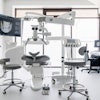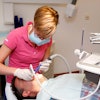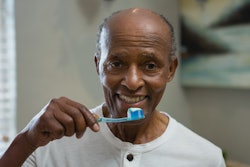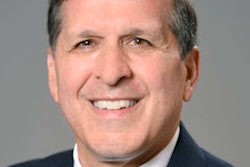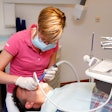
Women tend to have better overall oral health than men, possibly due to them having better dental habits, as well as beliefs that taking care of their teeth makes them look better and improves their quality of life, according to a new report.
Also, men and women's dental problems differ. Men are more likely to develop oral cancer while women experience caries often due to hormonal fluctuations like menopause, according to a report was released by dental service organization (DSO) Benevis.
"(Regardless,) it's important for both women and men to stay on top of their oral health with regular check-ups and proper hygiene practices, but understanding gender differences can help us take even better care of our teeth and gums," according to the report.
In terms of oral health practices, women often have more positive attitudes and better education, and they tend to brush and floss regularly.
However, women seem to be more prone to cavities, temporomandibular joint (TMJ) disorders, and dry mouth after age 50. Additionally, they report more financial and access barriers to oral healthcare and experience hormonal effects that can negatively impact their oral health, the report stated.
Hormonal changes during pregnancy increase the risk of oral disease, which can lead to poor birth outcomes and exacerbate conditions like diabetes and hypertension. Despite the importance of oral care during pregnancy, many women avoid it due to misconceptions about safety and high costs. Integrating oral care into standard prenatal and postnatal healthcare could help overcome these barriers, they added.
On the other hand, men are less likely to seek preventive dental care, brush after meals, and are more prone to gingivitis, gum disease, tooth loss, and dental trauma from sports. Also, they also use tobacco and marijuana more frequently and have a higher incidence of oral cancer, according to the report.
"Understanding the differences and patterns relative to sex and gender can help healthcare providers tailor services to better meet the needs of all patients," the report concluded.

